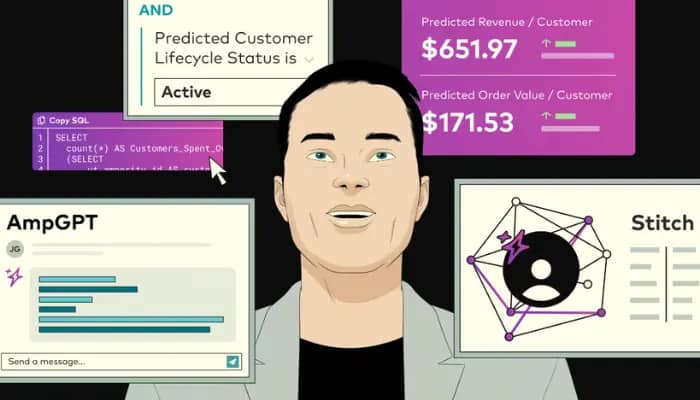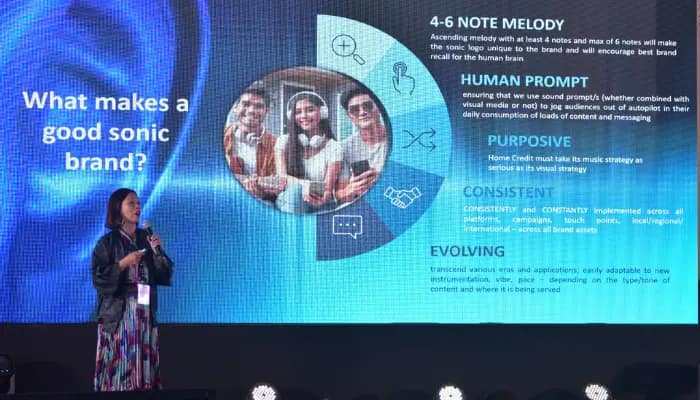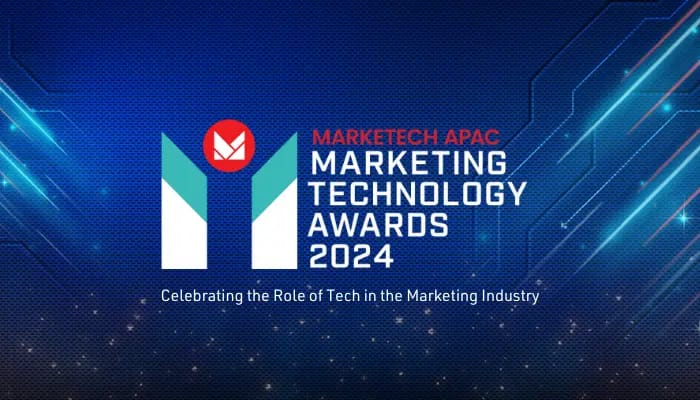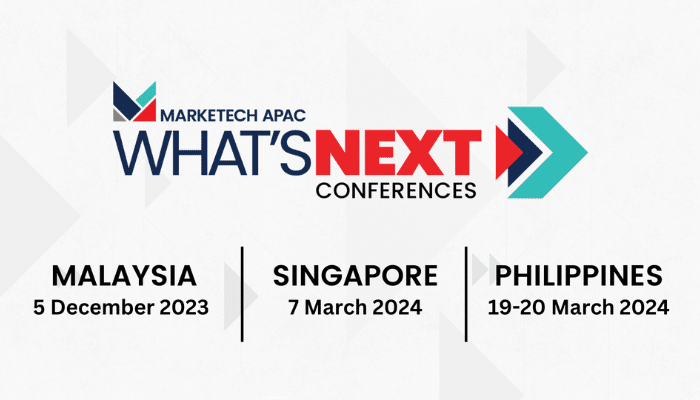A recent survey reveals that CMOs around the world are optimistic and confident about Gen AI’s future ability to enhance productivity and create competitive advantage. In fact, seventy per cent are already using Gen AI and 19 per cent are testing it.
However, for many consumer brands, the divide between expectations and reality looms large. Marketers envisioning a seamless, magical customer experience must recognise that AI’s effectiveness depends on high-quality underlying data. Without that, the AI falls flat, leaving marketers grappling with a less-than-magical reality.
What AI-powered marketing with poor data quality looks like
Let’s take a closer look at what AI-powered marketing with poor data quality could look like. Say I’m a customer of a general sports apparel and outdoor store, and I’m planning for my upcoming annual winter ski trip. I’m excited to use the personal shopper AI to give me an experience that’s easy and customised to me.
I need to fill in some gaps in my ski wardrobe, so I ask the personal shopper AI to suggest some items to purchase. But the AI is creating its responses based on data about me that’s been scattered across the brand’s multiple systems. Without a clear picture of who I am, it asks me for some basic information that it should already know. Slightly annoying… I’m used to entering my info when I shop online, but I was hoping the AI upgrade to the experience would make things easier for me.

Because my data is so disconnected, the AI concierge only has an order associated with my name from two years ago, which was actually a gift. Without a full picture of me, this personal shopper AI is unable to generate accurate insights and ends up sharing recommendations that aren’t helpful.

Ultimately this subpar experience makes me less excited about purchasing from this brand, and I decide to go elsewhere.
The culprit behind a disconnected and impersonal generative AI experience is data quality — poor data quality = poor customer experience.
What AI-powered marketing with clean data looks like
Now, let’s revisit this outdoor sports retailer scenario, but imagine that the personal shopper AI is powered by accurate, unified data that has a complete history of my interactions with the brand from first purchase to last return.
I enter my first question, and I get a super-personalised and friendly response, already starting to create the experience of a one-on-one connection with a helpful sales associate. It automatically references my shopping history and connects my past purchases to my current shopping needs.

Based on my prompts and responses, the concierge provides a tailored set of recommendations to fill in my ski wardrobe along with direct links to purchase. The AI is then able to generate sophisticated insights about me as a customer and even make predictions about the types of products I might want to buy based on my past purchases, driving up the likelihood of me purchasing and potentially even expanding my basket to buy additional items.

Within the experience, I am able to actually use the concierge to order without having to navigate elsewhere. I also know my returns or any future purchases will be incorporated into my profile.
Because it knew my history and preferences, Generative AI was able to create a buying experience for me that was super personalised and convenient. This is a brand I will keep returning to for future purchases.
In other words, when it comes to AI for marketing, better data = better results.
So how do you actually address the data quality challenge? And what could that look like in this new world of AI?
Solving the data quality problem
The critical first element to powering an effective AI strategy is a unified customer data foundation. The tricky part is that accurately unifying customer data is hard due to its scale and complexity — most consumers have at least two email addresses, have moved over eleven times in their lifetimes and use an average of five channels (or if they are millennials or Gen Z, it’s actually twelve channels).
Many familiar approaches to unifying customer data are rules-based and use deterministic/fuzzy matching, but these methods are rigid and break down when data doesn’t match perfectly. This, in turn, creates an inaccurate customer profile that can actually miss a huge portion of a customer’s lifetime history with the brand and not account for recent purchases or changes of contact information.
A better way to build a unified data foundation actually involves using AI models (a different flavour of AI than generative AI for marketing) to find the connections between data points to tell if they belong to the same person with the same nuance and flexibility of a human but at massive scale.
When your customer data tools can use AI to unify every touchpoint in the customer journey from first interaction to last purchase and beyond (loyalty, email, website data, etc…), the result is a comprehensive customer profile that tells you who your customers are and how they interact with your brand.
How data quality in generative AI drives growth
For the most part, marketers have access to the same set of generative AI tools, therefore, the fuel you input will become your differentiator.
Data quality to power AI provides benefits in three areas:
- Customer experiences that stand out — more personalised, creative offers, better customer service interactions, a smoother end-to-end experience, etc.
- Operational efficiency gains for your teams — faster time to market, less manual intervention, better ROI on campaigns, etc.
- Reduced compute costs — better-informed AI doesn’t need to go back and forth with the user, which saves on racking up API calls that quickly get expensive
As generative AI tools for marketing continue to evolve, they bring the promise of getting back to the level of one-to-one personalisation that customers would expect in their favourite stores, but now at a massive scale. That won’t happen on its own, though — brands need to provide AI tools with accurate customer data to bring the AI magic to life.
The dos and don’ts of AI in marketing
AI is a helpful sidekick to many industries, especially marketing — as long as it’s leveraged appropriately. Here’s a quick ‘cheat-sheet’ to help marketers on their Gen AI journey:
Do:
- Be explicit about the specific use cases where you plan to use data and AI and specify the expected outcomes. What results do you expect to achieve?
- Carefully evaluate if Gen AI is the most appropriate tool for your specific use case.
- Prioritise data quality and comprehensiveness — establishing a unified customer data foundation is essential for an effective AI strategy.
Don’t:
- Rush to implement Gen AI across all areas. Start with a manageable, human-in-the-loop use case, such as generating subject lines.

This thought leadership piece is written by Joyce Gordon, Head of Generative AI, Amperity.


















